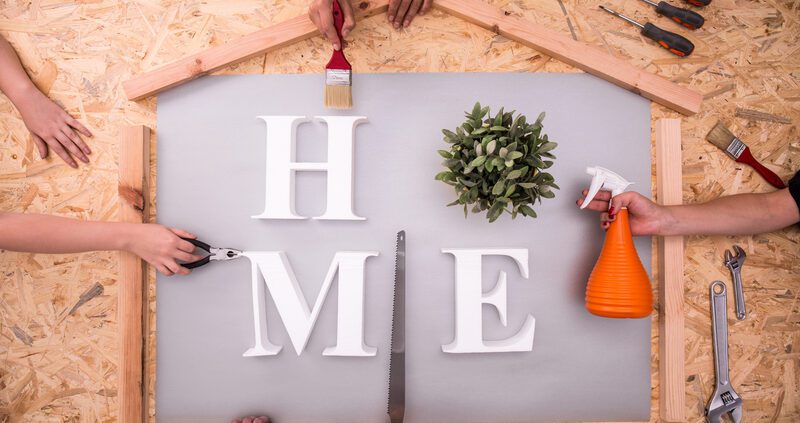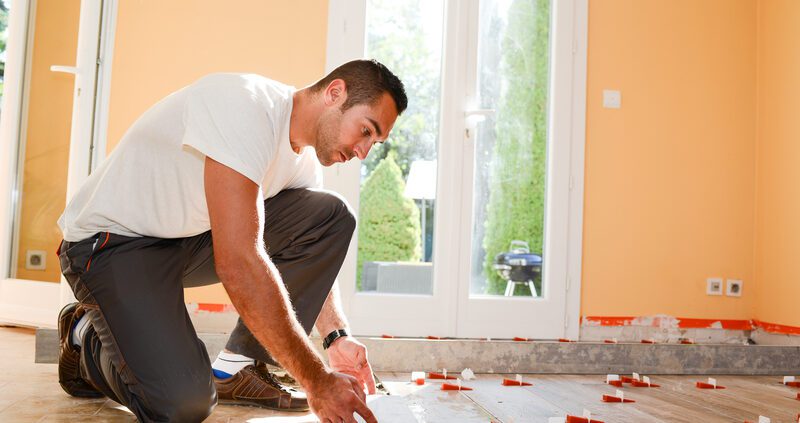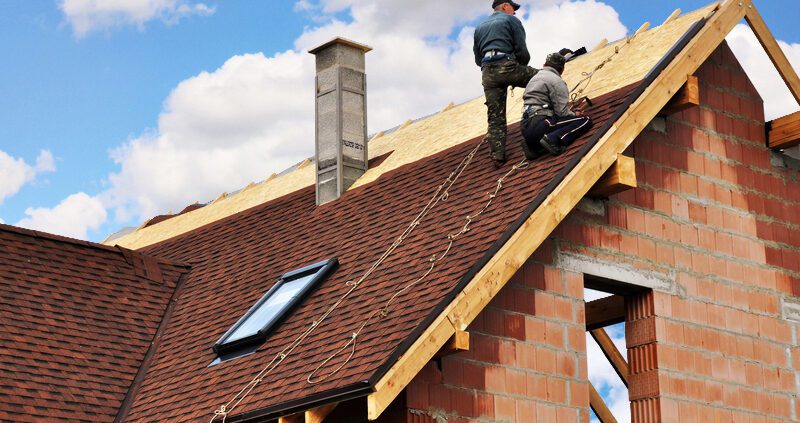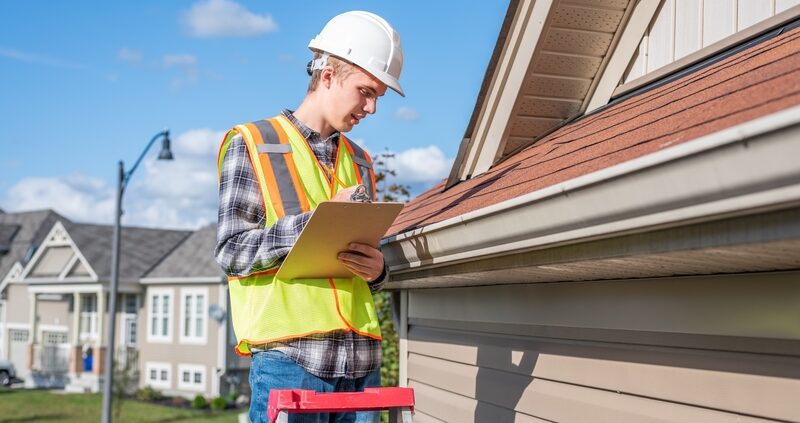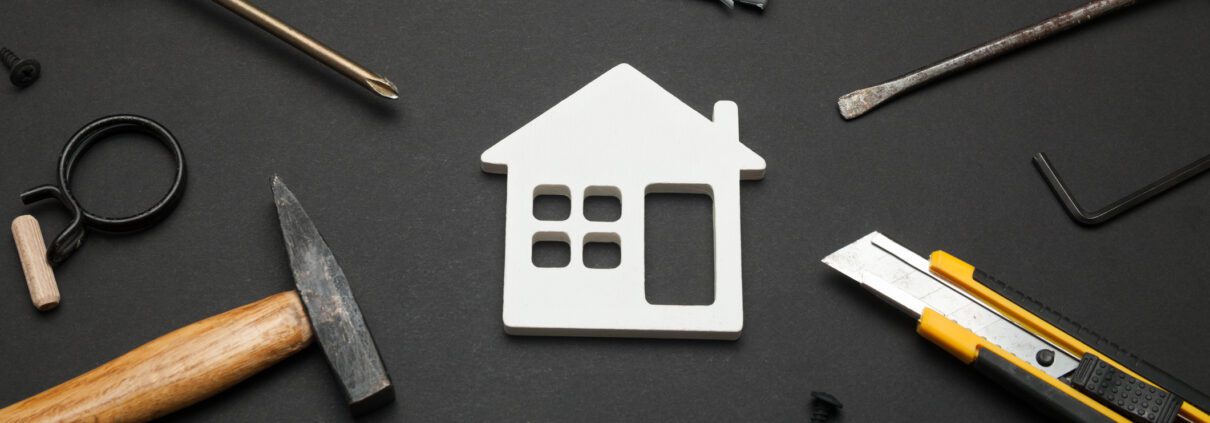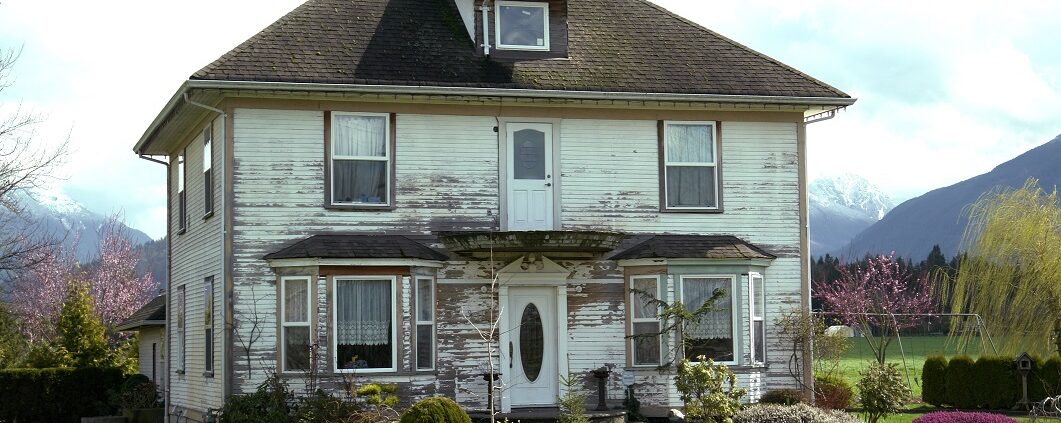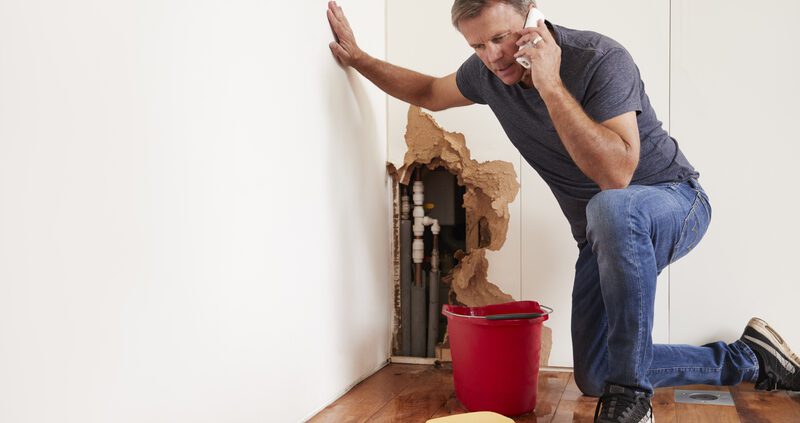Where to Perform Due Diligence in a Home Project
If you’re a homeowner in Florida considering a home improvement project, due diligence is the cornerstone for ensuring a successful outcome. Whether you’re repainting your living room, redesigning your kitchen, or adding an entirely new room, attention to detail at each stage can save you time, money, and plenty of headaches. Three critical areas where due diligence is essential are budgetary needs, hiring contractors, and understanding legal considerations.
Budgetary Needs
Before you even pick up a paintbrush or consult a contractor, you must know your budget. Not having a clear idea of how much you can spend is a recipe for disappointment or, worse, an unfinished project. Start by researching the average costs for the type of work you’re considering, keeping in mind that prices can vary based on materials, labor, and location. Next, prepare a detailed budget that includes all expected expenses, from materials and labor to permits and potential hidden costs like replacing rotten wood. Always keep a buffer for unexpected costs that might come up once the project is underway. If your budget estimates are too tight, you may need to prioritize certain aspects or even postpone the project until you’ve saved enough money.
Hiring Contractors
Selecting the right contractors can make or break your project. Start by asking friends, neighbors, or family for recommendations and then expand your search online. Once you’ve narrowed down your choices, request quotes and compare them, not just in terms of cost but also the range of services offered. You should hire contractors with experience doing the specific job you need them to do. Always ask for references and, if possible, inspect their previous work. Confirm that they’re licensed and insured — this protects you from potential liability in case of injuries or damage during the project. Before signing any contracts, make sure you fully understand the terms, including payment schedules, project timelines, and any warranties or guarantees.
Legal Considerations
Even the most straightforward home improvement project can have legal ramifications. You might need permits for certain types of work, like structural changes, electrical installations, or even cutting down trees on your property. Ignoring these requirements can lead to fines and may cause problems when you decide to sell your home. Contact your local building department to find out which permits you’ll need. Ensure you understand the application process, any associated costs, and the time it will take to secure the permit. Some contractors take care of permits as part of their service, but it’s advisable to confirm this upfront.
Performing due diligence in budgeting, contractor selection, and legal compliance sets the stage for a smooth and successful home improvement project. Understanding your financial limitations helps you make informed choices. Hiring skilled and experienced contractors ensures that the job will meet your expectations. Finally, complying with legal requirements protects you from potential complications down the line. By investing time and effort into these areas, you stand a far better chance of seeing your vision come to life without unexpected setbacks.
Did You Enjoy Reading This Article? Here’s More to Read: What to Do After Renovating Your New Fixer-Upper

